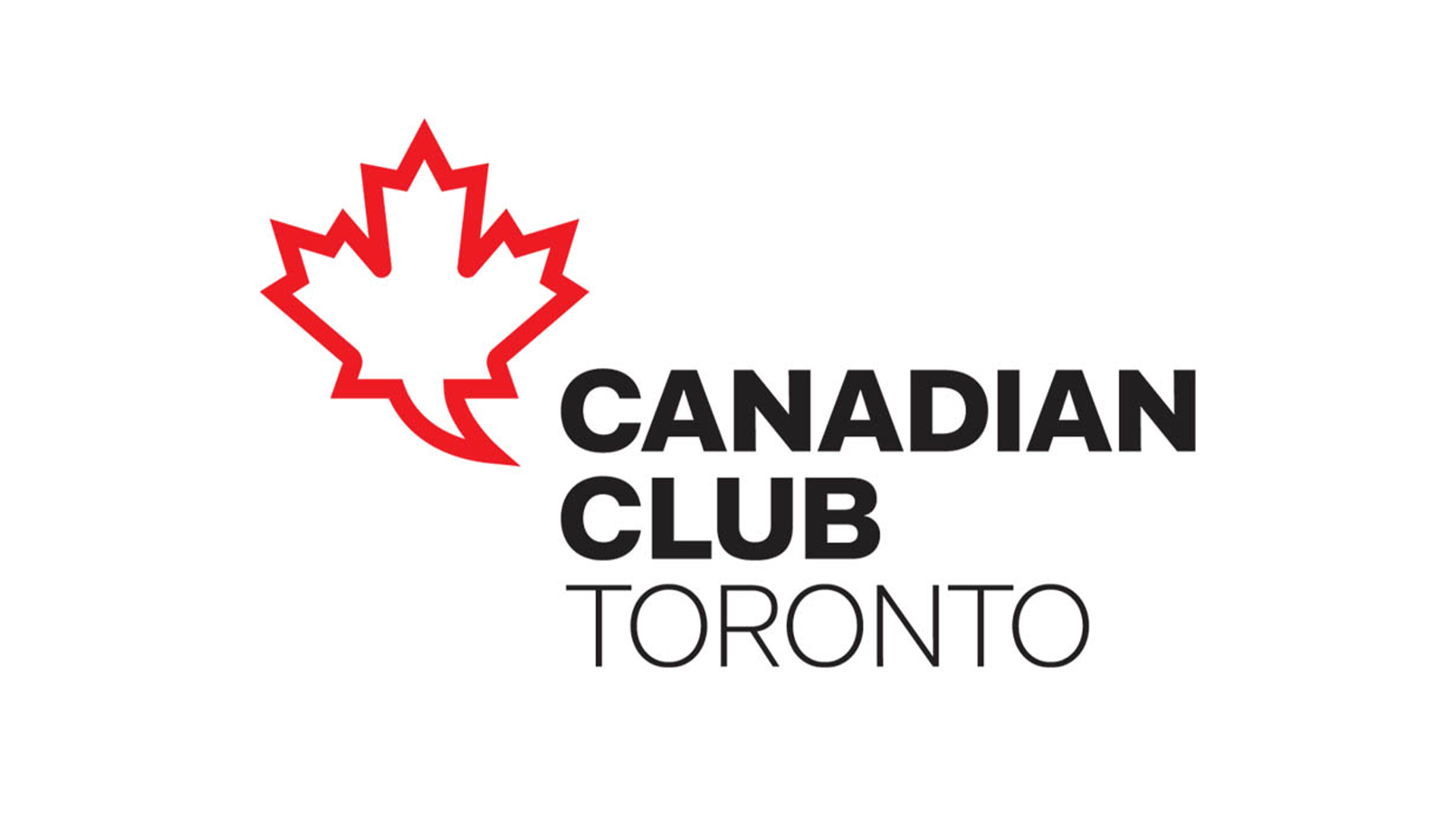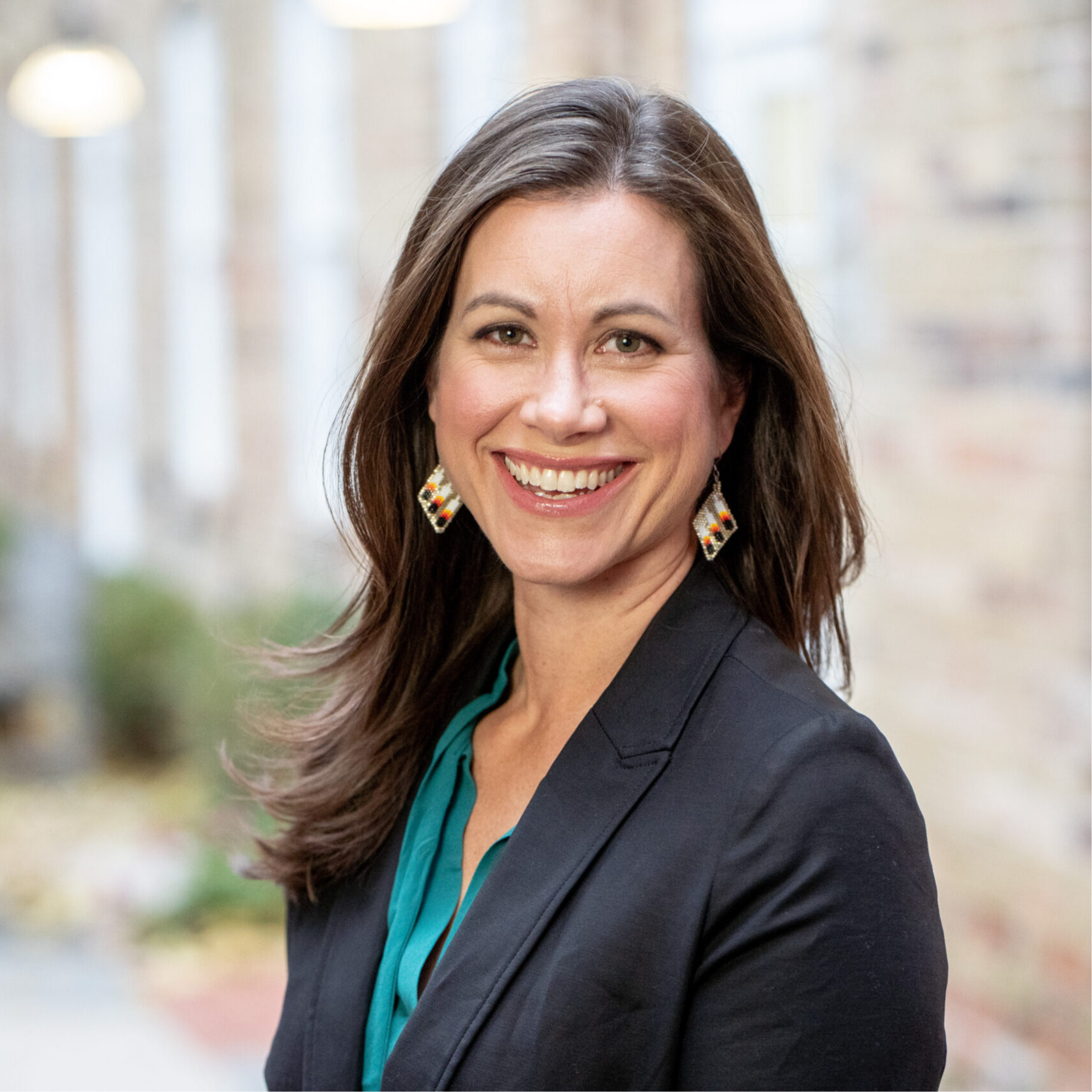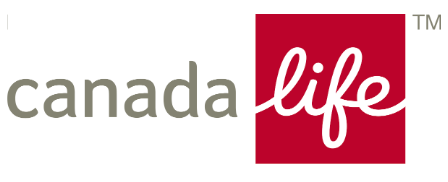


June 2025 marks ten years since the release of the Truth and Reconciliation Commission’s Final Report and its 94 Calls to Action — a historic moment that called on businesses, government, institutions, and Canadians everywhere to reconcile their relationships with Indigenous peoples. Among the most ambitious was Call to Action #92, which called for corporate Canada to embed reconciliation into its operations through meaningful partnerships, equitable access to opportunities, and support for Indigenous economic self-determination.
Over the past decade, we’ve seen a marked shift from consultation to ownership in major projects, from legal ambiguity to firmer ground on Indigenous jurisdiction, and from exclusion to leadership in finance, investment, and entrepreneurship. There has been progress. And yet there is much more work to be done.
Join Canadian Club Toronto on June 4 for a critical conversation marking the 10-year anniversary of the TRC Final Report. This panel will examine how economic reconciliation has evolved over the past decade – and where the next decade must lead. Topics will include business partnership in natural resources development, shifts in law, particularly as it relates to the Indigenous/Crown relationship, the rise of Indigenous finance and investment vehicles, and the accelerating growth of Indigenous businesses across sectors. Karen Restoule, Senior Fellow & Director of Indigenous Affairs, Macdonald-Laurier Institute, will moderate this expert panel featuring leading voices in the field:
- Tabatha Bull – President & CEO, Canadian Council for Indigenous Business
- Kody Penner – Vice President, Corporate Development, Nations Royalty
- Sharon Singh – Partner & Co-Head of Indigenous & Environment Practice, McMillan LLP
- Varun Srivatsan – Director, Policy & Strategic Engagement, RBC
The Livestream Is Not Live Yet
Thank you for joining us! The livestream is currently in a pre-event stage and has not started yet. Once the stream goes live, you'll be able to submit your questions to the presenters.
We appreciate your patience, and encourage you to stay tuned—things will kick off shortly! In the meantime, feel free to review the event details and get ready for the live session.
If you have any preliminary questions, feel free to note them down so you're ready to ask as soon as we go live.
We'll notify you here the moment the stream begins. Stay tuned!

Tabatha, a proud member of Nipissing First Nation, holds the distinction of being named CEO of the Year for 2022 by the Ontario Chamber of Commerce, was recognized as one of Canada’s Top 100 Most Powerful Women in 2023, and named as Top 100 Lobbyist in Canada four years in a row. As the President and CEO of CCIB, she is dedicated to rebuilding and strengthening the path towards reconciliation and fostering a prosperous Indigenous economy for the benefit of all Canadians. With a background in electrical engineering, Tabatha is committed to promoting Indigenous inclusion and diversity in Canada’s energy sector.
In her role at CCIB, Tabatha serves the Indigenous community by supporting the Indigenous economy and sits on various boards, including the Dexterra Group, Wigwamen Inc., Ontario Chamber of Commerce, and Catalyst CEO Advisory Board in Canada, among others.
Tabatha’s dedication to diversity extends to her efforts in removing systematic barriers to enhance opportunities for Indigenous businesses and women across all industry sectors.
She was awarded an Honorary Diploma from Loyalist College in Applied Arts and Technology in recognition of her leadership and contributions to Indigenous economic growth. Additionally, she has earned her ICD.D designation from the Institute of Corporate Directors, further strengthening her expertise in corporate governance and board leadership.

Kody Penner is a mining professional with diverse experience in the mining industry and Indigenous space. He has helped create strategy and drive value for Indigenous Governments and business while building lasting, sustainable relationships. With experience working in junior and major mining companies, he brings a collaborative approach to decision making, aligning values of rights and stakeholders toward common goals. He advanced from an underground miner to a strategy role at Canada’s largest diversified miner. He is also Vice-Chair of the Tahltan Nation Development Corporation, where he has helped lead the company through major strategic and operational changes by enhancing governance and management structures.
Prior to Nations, Kody worked as Lead, Business Planning at Teck Resources Limited’s (“Teck”) Copper Growth group where he advanced Teck’s development assets through effective business planning, efficient capital allocation, and strong governance frameworks. Before Teck, he worked as a Mining Analyst for Agentis Capital, in Investor Relations with Skeena Resources Ltd. and as Employment Director for the Tahltan Central Government. Kody holds a Bachelor of Commerce (Hons) from the University of British Columbia.
Growing up in the mining industry, Kody worked at Imperial Metal’s Ruddock Creek exploration camp and as an underground miner at Newmont’s Brucejack mine. He is passionate about responsible resource development that benefits communities and shareholders, helping Indigenous groups work toward self-sufficiency while providing the world with much-needed minerals.

Sharon Singh is the co-head of McMillan’s Indigenous and Environment practices and is renowned for guiding businesses on environmental, Indigenous, governance, and human rights matters. With nearly two decades of experience, Sharon has a proven track record delivering strategic, practical and tailored solutions to some of Canada’s leading businesses. Her industry expertise encompasses mining, renewable energy, infrastructure, construction, manufacturing and agribusiness.
As a thought leader and leading practitioner, Sharon’s approach emphasizes the importance of collaborative relationships, particularly with Indigenous nations, local communities, and regulatory bodies. She has built trusted relationships with industry stakeholders, government agencies and the non-profit sector, leveraging her extensive experience to provide focused legal advice.
In terms of Indigenous relations, Sharon negotiates benefit, partnership, and other collaboration agreements. She also assists in structuring equity participation by Indigenous communities in natural resources and infrastructure projects, complementing this with advice on securing financing and permitting on reserve or Treaty lands.
In her environmental and regulatory practice, Sharon excels in navigating complex regulatory frameworks and environmental assessments, assisting clients with achieving operational success, partly informed by her experience working for an international mining company. She also advises on transportation of dangerous goods, conducts regulatory audits, as well as on sale and redevelopment of contaminated sites.
Sharon helps organizations build resiliency. She assists clients in evaluating their key and rapidly evolving ESG and sustainability risks and opportunities, including guiding clients on their policies and disclosures, establishing human rights due diligence, and product stewardship.

Varun Srivatsan is Director of Policy at RBC’s Economics and Thought Leadership group. He brings experience across the public and private sectors. He previously led the development of the Indigenous Loan Guarantee Program in the federal government. He has served in roles in consulting on Indigenous economic development issues, and as an economist in the Parliament of Canada, where worked on fiscal, financial and economic policy. Varun holds degrees in economics and public policy from the University of British Columbia and the London School of Economics and Political Science.

Karen Restoule is Director of Indigenous Affairs and a Senior Fellow at Macdonald-Laurier Institute, and a strategic advisor on complex public and policy issues, working with CEOs and senior executives to shape strategy and drive results.
Restoule brings a rare breadth of experience. She advised clients at one of Canada’s most well-known public affairs firms; served First Nations leaders on matters related to justice, law, community development, and sustainability; and, led Ontario’s administrative justice system as a public sector executive. She also co-founded BOLD Realities, driving initiatives to advance the industry-Indigenous relationship.
She is a graduate of the University of Toronto, Osgoode Hall’s Intensive Program in Aboriginal Lands, Resources, and Governments, and the University of Ottawa’s French Common Law Program, where she was inducted into the Faculty of Law Honours Society for using her legal education to make significant contributions to society.
A sought-after voice, Restoule regularly contributes to news media, radio, and conferences across Canada and abroad on Indigenous economic and governance reconciliation, particularly as it intersects with the resource development industry.
Restoule is Ojibwe from Dokis First Nation, who are signatory to the Robinson-Huron Treaty of 1850.


